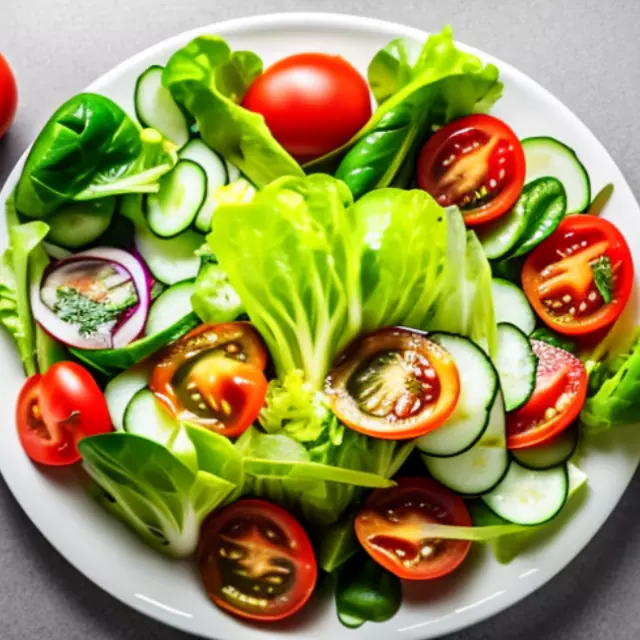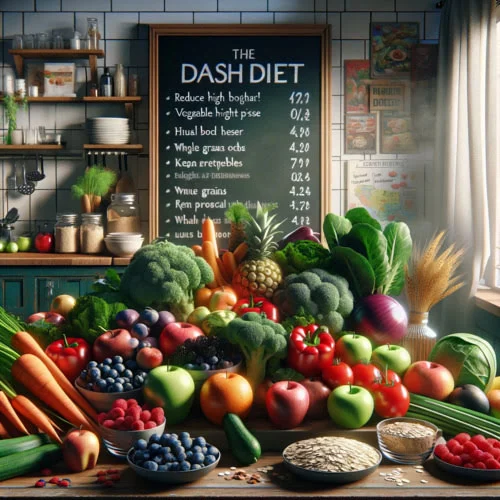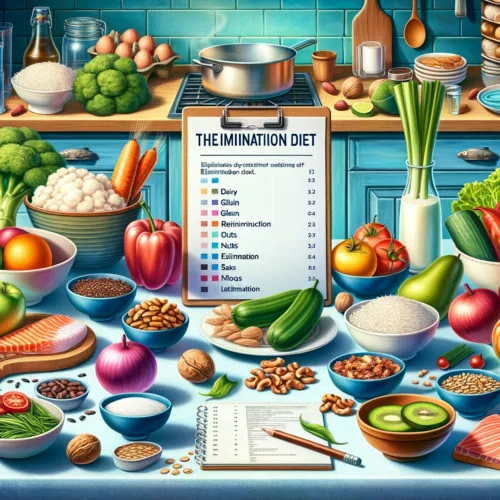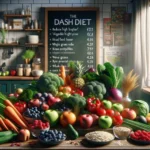In search of effective and healthy ways to lose weight, many people encounter the concept of the ‘Volumetric Diet.’ This dietary approach is based on the idea that one can consume a larger volume of food while simultaneously reducing calories, aiding weight loss without feeling hungry. In this article, I’ll explore the core principles of the Diet and its potential advantages.
| Pros of a volumetric diet | Cons of a volumetric diet |
|---|---|
| Helps control appetite and reduce calorie intake | Suitable for those who do not want to feel hungry while following a diet |
| Based on healthy foods including vegetables and fruits | May require more careful meal planning. |
| Promotes satiety and a feeling of fullness | Not suitable for those who prefer more traditional diets with a variety of foods. |
| Maintains energy levels by consuming foods high in water and fiber | May require eating more frequently to maintain a feeling of fullness. |
| Allows you to eat large amounts of food, which promotes satisfaction | Not always effective for weight loss unless you consider the total number of calories consumed. |
| Suitable for those who do not want to feel hungry while following a diet | It may take time to get used to new eating habits. |
Volumetric Diet: Key Principles
The Volumetric Diet is based on the consumption of low-calorie density foods. These items contain fewer calories per larger volume, allowing one to feel full without consuming excess calories. Often, these are fresh fruits and vegetables rich in water and dietary fiber. These foods increase food volume without a significant increase in caloric intake.

Selecting the Right Foods
One of the fundamental aspects of the Volumetric Diet is choosing the right foods. It’s recommended to intake fresh fruits and vegetables, whole grains, legumes, and low-fat dairy products. They’re abundant in dietary fiber, enhancing digestion and providing a prolonged feeling of fullness. It’s also essential to limit the intake of high-fat and high-sugar foods, such as sweets, fried products, and fast carbs. Here are some foods you can include in your Diet:
- 1. Fruits: apples, pears, oranges, berries, watermelon, pineapple, grapefruit, and other fresh fruits. They contain high water content and dietary fiber, aiding in feeling full.
- 2. Vegetables: broccoli, cauliflower, carrots, tomatoes, cucumbers, spinach, green peas, bell peppers, and other fiber-rich vegetables.
- 3. Grains and Whole Foods: oatmeal, buckwheat, quinoa, whole-grain bread, and cereals. They offer high nutritional value and maintain a prolonged feeling of fullness.
- 4. Legumes: chickpeas, lentils, beans, peas, and other legumes. They are rich in protein and dietary fiber, contributing to satiety.
- 5. Lean Turkey, Chicken, and Fish: these protein sources contain fewer fats and calories than other meat types.
- 6. Low-fat Dairy Products: fat-free yogurt, skim milk, and cottage cheese. They are sources of protein and calcium with low-fat content.
It’s essential to remember that on the Volumetric Diet, the intake of high-calorie-density products, such as butter, sugar, sweets, and fatty foods, should be moderate. Controlling portions and food variety are also key aspects of a successful Diet.
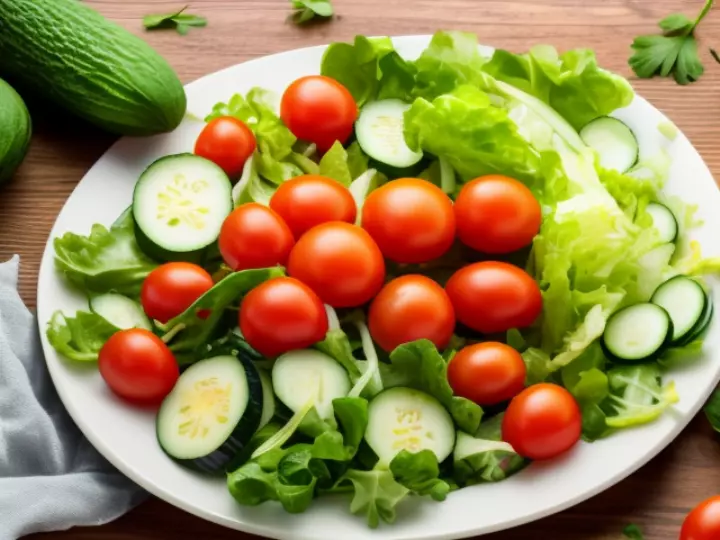
Portion Control
In addition to selecting the right foods, portion control plays a crucial role in the Volumetric Diet. Instead of entirely excluding certain products, it’s advisable to reduce the portion sizes of high-calorie foods and increase the volume of low-calorie foods. For instance, you can enlarge portions of fresh vegetables and salads to fill your plate while reducing the size of oil or sauce servings. This helps to decrease the overall calorie intake while maintaining the sensation of fullness due to a larger food volume.
Moderation and Healthy Eating
It’s essential to note that the Volumetric Diet is not about strict calorie restrictions or starving oneself. It offers a healthy approach to nutrition, grounded in moderation and food diversity. Combining the right food choices with portion control allows for a reduction in caloric intake without hunger or discomfort.
The Volumetric Diet and Its Benefits
One of the significant advantages of the Volumetric Diet is its ability to aid weight loss without requiring strict diets or limitations. Low-calorie-density food with more significant volume can satisfy hunger without exceeding calorie limits.
Additionally, the Diet supports improved digestion and provides the body with necessary nutrients. Increased consumption of fruits, vegetables, and dietary fibers aids in regularizing bowel movements and enhancing overall health.
The Diet is an effective and healthy approach to weight loss and improved digestion. It’s based on the selection of low-calorie-density products, portion control, and moderation. Adhering to this approach can result in weight loss while maintaining a feeling of fullness, without the need to experience hunger. However, as with any diet, it’s recommended to seek advice from a doctor or nutritionist.
FAQ
The main principle of the volumetric diet involves increasing the intake of low-calorie, high-water-content foods to reduce appetite and control portions.
It is recommended to consume foods rich in water and dietary fiber, such as vegetables, fruits, broth-based soups, and low-fat dairy products.
The volumetric diet allows for weight loss without hunger, maintaining a feeling of fullness and satisfaction from meals. It also promotes an overall improvement in health.
On the diet, it’s advised to limit the consumption of high-calorie, low-water-content foods, such as fried foods, sweets, and high-fat snacks.
Yes, they can. However, it’s recommended to choose complex carbohydrates, such as whole-grain products, for long-term satiety.
Advice includes watching portion sizes, consuming more vegetables and fruits, eating slowly and mindfully, and managing the calorie balance.
Results may vary, but the volumetric diet can gradually help in weight reduction, improve health, and provide a more satisfactory eating experience without strict limitations and hunger.

